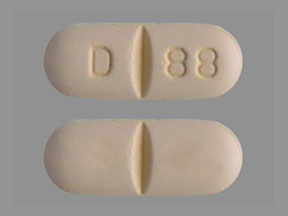
Abacavir Coupons & Savings Card – Discount Prices from $43.92
Generic for: Ziagen
My prescription
Edit
300MG, Abacavir (60 Tablets)
Select pharmacy

CVS
$44.87
COUPON PRICE
Walgreens
$43.92
COUPON PRICE
Walmart
$43.94
COUPON PRICE
Albertsons
$52.87
COUPON PRICEAbacavir savings card
Show this card to your pharmacist
Walgreens
$43.92
BIN
ID
PCN
GRP
019876
LHCDF220F4
CHIPPO
LHX
Powered by
More prescriptions for hiv treatment
More prescriptions for hiv treatment
Price history for Ziagen (brand) & Abacavir (generic)
60 Tablets, 300MG
Average retail price for Ziagen
Average retail price for Abacavir
Average SaveHealth price for Abacavir
Our price history data is based on aggregated prescription data collected from participating pharmacies in America. Our prescription data updates daily to reflect the latest price changes. If you notice a missing data point, it means there wasn't sufficient data available to generate a monetary value for that date.
We analyzed Abacavir prices for (300MG, 60 Tablets) over the last 12 months. The average retail price was $53.07, while the average price using the SaveHealth discount card was $47.97. That's a savings of approximately 9.61% when using our Abacavir coupon.
Compared to the generic version, Ziagen had an average price of $659.33 over the same time period. With the SaveHealth savings card, Abacavir is 92.72% cheaper on average than Ziagen.
*Retail prices are based on pharmacy claims data, and may not be accurate when we don't have enough claims.
Abacavir dosage forms
Dosage Quantity Price from Per unit 300MG 60 Tablets $43.92 $0.73 300MG 1 Tablet $3.19 $3.19 300MG 20 Tablets $16.31 $0.81 300MG 30 Tablets $23.22 $0.77 300MG 50 Tablets $37.03 $0.74
| Dosage | Quantity | Price from | Per unit |
|---|---|---|---|
| 300MG | 60 Tablets | $43.92 | $0.73 |
| 300MG | 1 Tablet | $3.19 | $3.19 |
| 300MG | 20 Tablets | $16.31 | $0.81 |
| 300MG | 30 Tablets | $23.22 | $0.77 |
| 300MG | 50 Tablets | $37.03 | $0.74 |
